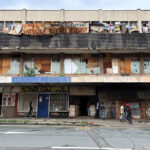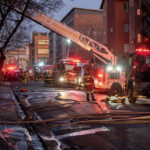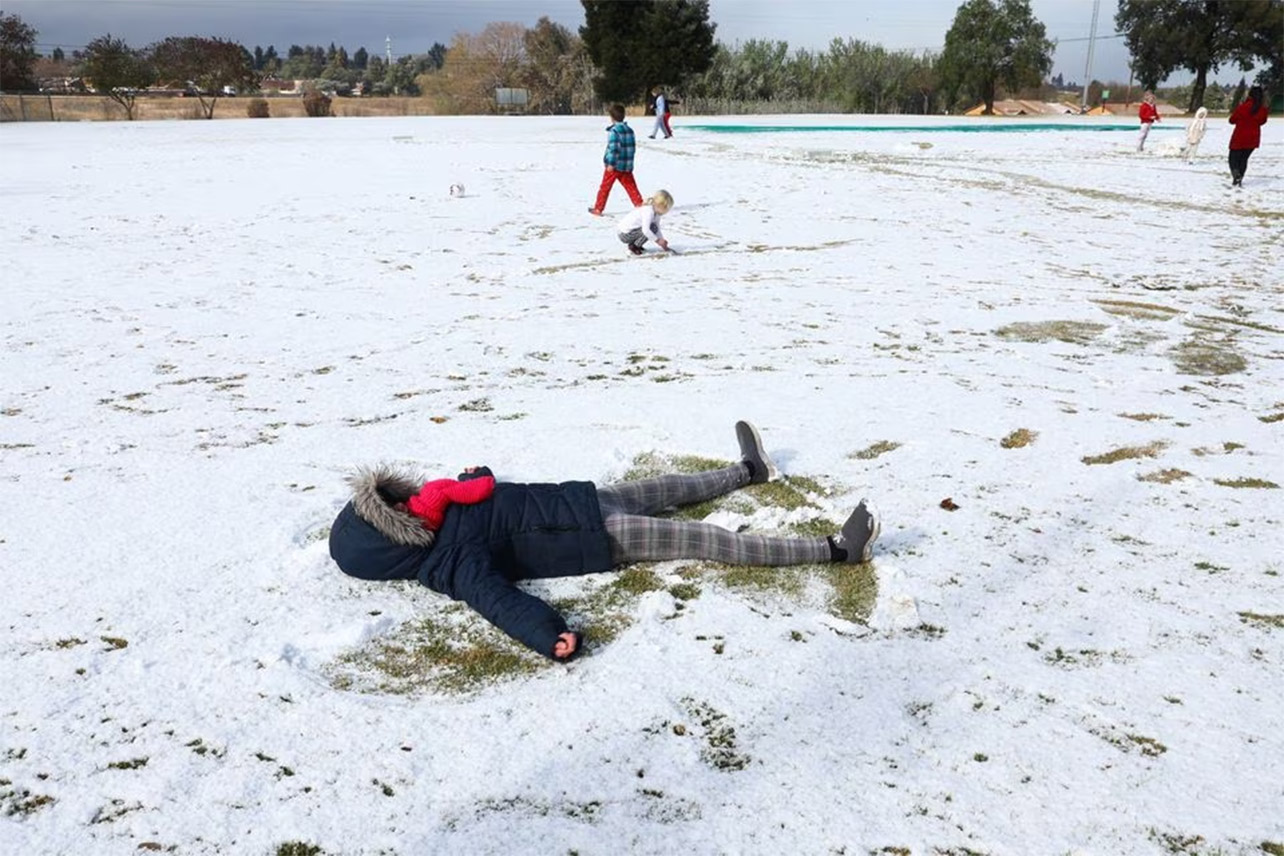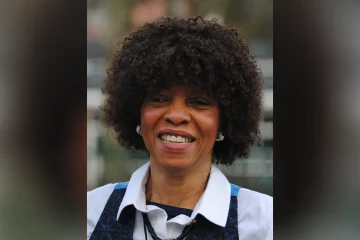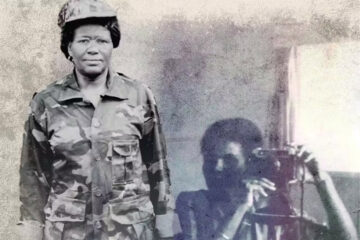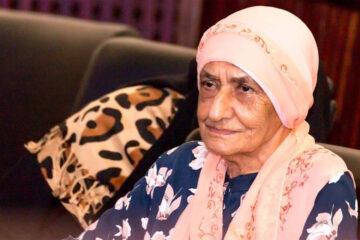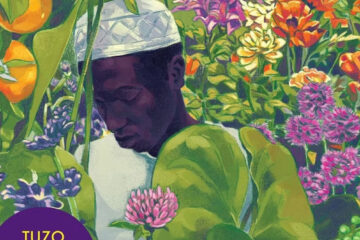IVAN Vladislavic is Johannesburg’s literary linkman. He tells us, in the first pages of his new book, The Near North, that before cities were lit, first by gaslight and later electricity, people of means paid torchbearers to escort them through dark and perilous streets. “In Paris,” he observes, “these linkmen were often police spies or informers, while in London they were more likely to be in league with criminals”.
For his part, Vladislavic believes that the real linkmen are Johannesburg’s car guards. They emerge from the darkness not so much to guard cars as to give middle-class drivers the illusion that they are, for a moment, safe thanks to the vigilance of someone whose own foothold in the city is by no means secure. Like most dwellers in crime-filled Johannesburg, Vladislavic has learned to value these signs of life. Under the double darkness of relentless power outages and the COVID-19 pandemic, they remind one of the fragility (social and private) exposed by such crises, and also of the tenacity one must cultivate to survive the city.
Vladislavic – an acclaimed South African novelist who also works as an editor and professor of creative writing – is distinctive for his ability to muck about, far more productively than most writers, with the line between fiction and non-fiction. While The Near North is perhaps his most personal book yet, it has echoes of his superb meditation on writing, The Loss Library (2011), and is characterised by the same terse, often funny observations that animate his last story collection, 101 Detectives (2015). This new, fragmented memoir of our plague years adroitly picks up, however, where his book Portrait with Keys (2006) leaves off.
A city walker
The author and his wife Minky have moved from the eastern suburb of Troyeville (the setting of Portrait with Keys) to the ostensibly safer, more upmarket suburb of Riviera, from the vulnerability of a residential house with scalable walls to an apartment in a building with a watchman at the gate. Vladislavic and Minky still walk the city, though their new suburban stomping grounds are the “near north” of the title: Houghton, Saxonwold, Parkview. It takes them a while to come to terms with this relocation, and at first, “Like dogs (they) circle back to old territory”, unable to shake off the universal impulse to return to old haunts.
Being a city walker (who walks not to get to work, but for health and pleasure) Vladislavic is a master of the detour, the sidetrack, the cul de sac. Indeed, though his walking is purposeful (and habitual) like his writing, it is also (like his writing), meandering, tangential, as likely to take the longer, more interesting way around as it is to find the useful shortcut. He is alive to the “congruence between walking … story and song, history and prophecy, remembering and hoping”.
Reading his work means taking unexpected turns, and making odd and fascinating discoveries. On the streets, Vladislavic observes the always-changing architecture and the demographic shifts of Johannesburg, but also its minuscule details. He is a collector of oddities and an inveterate list-maker. His project to accumulate “mini sculptures” (small, metal bits and pieces picked up on his walks) leads to a dead-end attempt to understand the purpose of dozens of nail-like objects protruding from the tarmac. (Minky tells him when he notices the first of these, that this is the nail – the one keeping the city together.)
His list-making is a similarly accumulative exercise: among other things, he notes all the people who are out and about during lockdown. Thinking about this predilection allows him to reflect on American artist Ed Ruscha’s gas stations, but also on the clinical recordings made by the Google Street View camera. Vladislavic is, like the camera, on the hunt, observing without discriminating: the shuttered Gupta residential compound in Saxonwold (where the obscene looting of the country’s fiscus was planned over cocktails) is as interesting to him as the encounter with a man bouncing a ball on a golf club in the middle of an intersection who, when asked by the writer, why, if he doesn’t play golf, he is doing this, responds, “I’ve got to get something right.”
This cameo, like others in the book, demonstrates Vladislavic’s ability to make the mundane both funny and inexpressibly sad. The man with the golf ball is not unlike the writer’s friend Dave, who is building a community garden on the derelict hill of Langermann Kop all the way through this book, despite objections from his neighbours and the inexplicable need on the part of City Parks to cut down trees.
These, and other, mad pre-occupations are a bulwark against … against something that threatens to overwhelm one in the city if one stops too long to think about it, though people who live in Johannesburg do think about the eventualities. But what of these? When asked about the future of his garden, Dave makes a bleak remark of the kind that is possible only in this city:
I guess I’ll know I’ve succeeded … when someone gets murdered up here.
The remark precipitates what is perhaps the central story of this beautifully constructed book.
A terrible, familiar tale
One has a sense, reading this terrible, familiar tale, that The Near North may have been written in part to exorcise it. Except that Vladislavic never lingers on the spectacular (I recall with what thrift he dispatches his character in his 2019 novel The Distance) and never, ever seeks cheap emotional responses.
Uncannily, this quality of his writing – his extraordinary thrift – is precisely what makes things linger in the mind, what moves one. Vladislavic does not tell us the meanings of these things (the small stories, the life-altering ones), but we are nonetheless grateful that, like the linkman, he is carrying the light as we hasten for home.
BRONWYN LAW-VILJOEN, Senior Lecturer in Creative Writing, University of Adelaide
- This article is republished from The Conversation under a Creative Commons license. Read the original article.


